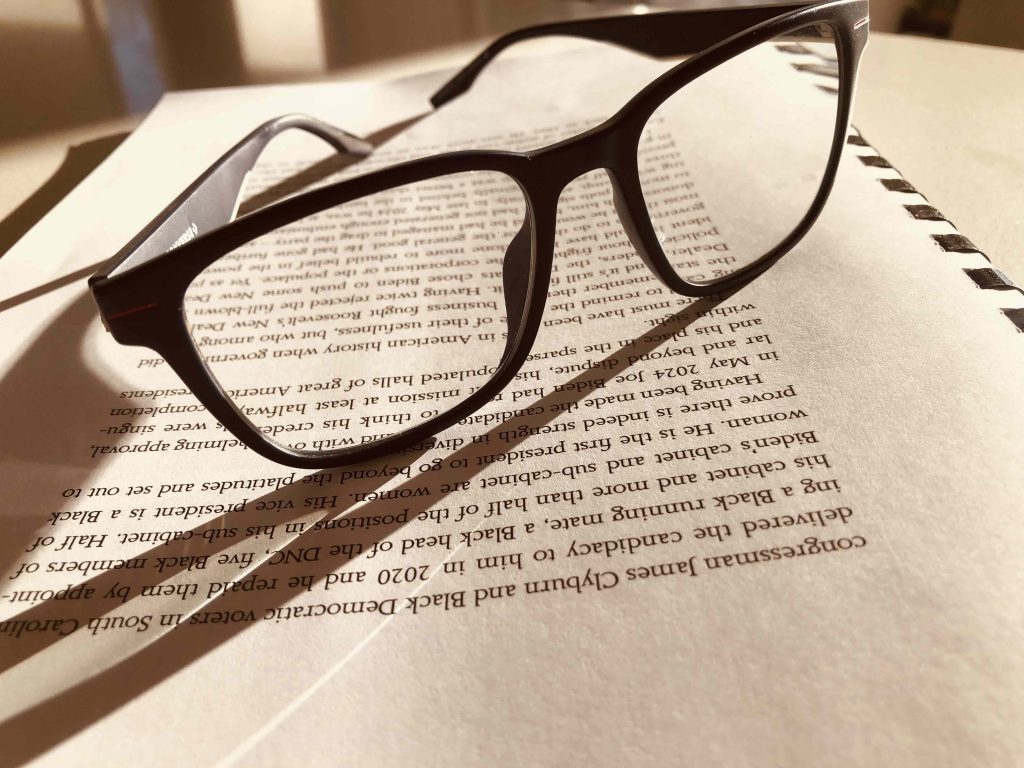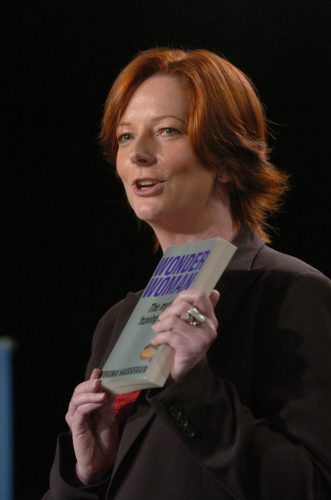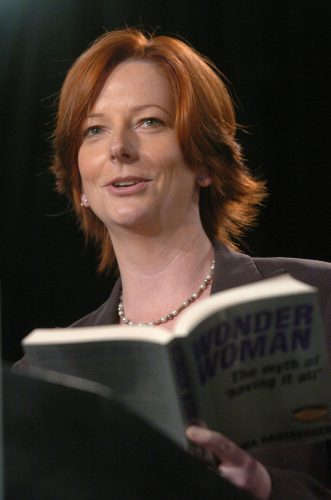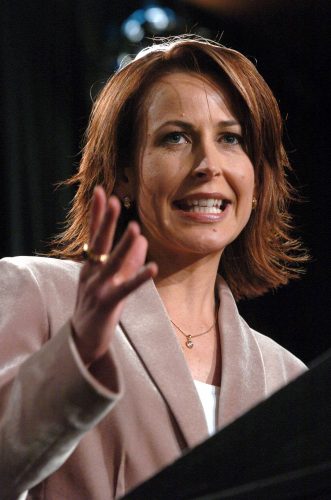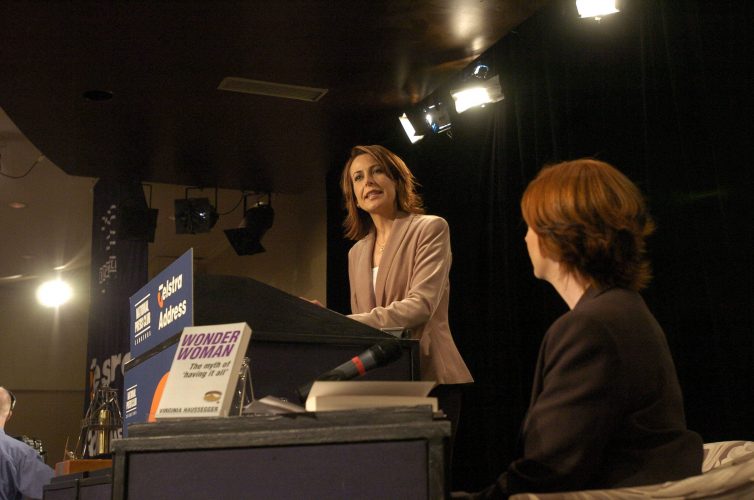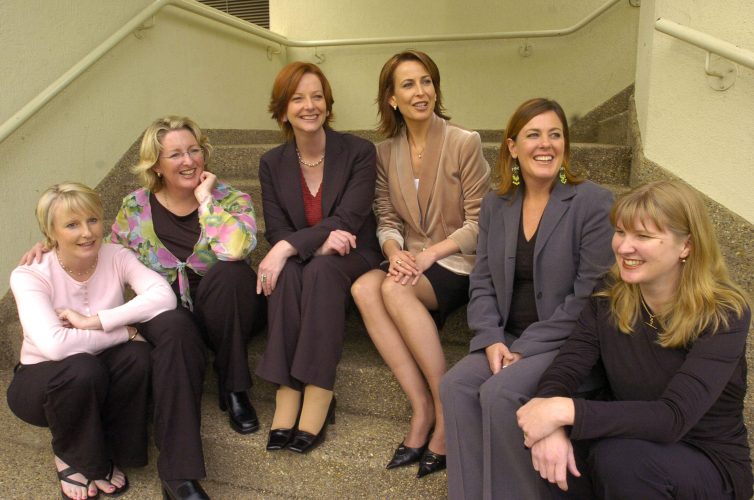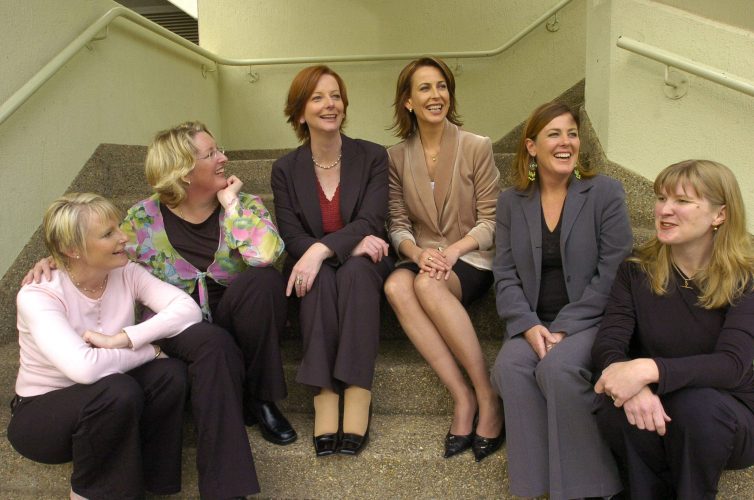I once rang a convent of catholic nuns in Melbourne, to ask if the Sister in charge might have a comment about IVF surrogacy. It was 1988 and Victoria has just produced the nation’s first surrogate IVF child. It was a long shot, late in the day, but I needed another talking head in my ABC news story.
To my delight the head nun not only knew the story, she was well versed in all the details having followed every news instalment for weeks. Turned out Sister was a complete news junkie. She told me she never missed the evening news, had the ‘wireless’ permanently on local 3AW, and read at least three newspapers every day: “You learn so much about who we are, don’t you.”
I don’t recall her name, but I never forgot her comment. It struck at the core of how I felt too. I was a junior reporter and ‘the news’ was a window to the world around me. It gave me a direct line of connection into my community and fostered an almost tribal sense of belonging. Keeping tabs on what was going on through the local news was like checking my daily pulse.
Over three decades I have toiled like a mad woman, at ABC News; Channel 9’s A Current Affair; Channel 7’s ‘Witness’. I presented the 7.30 Report in four states, being the youngest woman to get a hosting gig on 7.30 back in 1989. Hello Darwin! My last gig was presenting ABC TV News in Canberra for 15 years.
So, in short, I feel like I’ve got a lot of skin in the game when it comes to the future of news and public interest journalism in Australia. Which is why Meta’s contemptuous spit at Australian news producers last week, announcing it will no longer pay for the news content it splashes across its social media platforms, really rankles.
Perhaps it’s not surprising that Mark Zuckerberg can’t relate to real news, and doesn’t particularly care what type of fake news might fill the vacuum. His version of ‘real’ sits galaxies away from ours. On the very day Facebook pulled the plug on Australia, he was attending a party that cost $120 million US dollars, and captured on video ogling the host’s million dollar watch
What do such people know about real news? Or its impact in real communities?
In 2003, when devastating bushfires swept through the ACT region, our little Canberra ABC TV newsroom had been up and running for just 18 months. We were still hiring and training staff the day 504 houses burnt to the ground and four people were trapped and killed. Local news services run by channel 7 and 10 had been deemed unviable and axed two years earlier. On the day the nation’s capital was ablaze, we were it!
All battery and car radios were fixed on the ABC. I don’t think any staff slept for days, as our small operation became the central hub for desperate Canberrans trying to find which streets and suburbs to flee, and where evacuation points were setting up. A massive lack of co-ordinated communication from government and emergency services meant our ABC portable office, in the carpark at Dickson, was the singular community connection. It was crazy, it was exhausting, exasperating and it was the greatest community service a news operation can provide. The audience trusted us implicitly to direct them to safety. And we did.
We all manned the phones, while our streets were on fire. A handful of staff lost their homes while they kept pumping out information, updating, directing. A panic-stricken young mother called and asked me how much baby formula she should take to the evacuation centre. I didn’t have a bloody clue. “Take it all”, I said, “the Red Cross will have food for you. Now go!”
Later when I was doing live-crosses at the end of Anzac Parade, with a sooty haze covering Parliament house behind me, car loads of suddenly homeless Canberrans pulled up, dazed and wondering where to go. I put out a live call. Within minutes families were on the scene offering spare rooms, clothes, support. And on it went for days. Weeks.
The money the ABC received from Meta and Google, after the Australian government forced tech giants to pay for Aussie news content through the News Media Bargaining Code, gave the public broadcaster funds to employ an extra 60 journalists in regional locations and open five new mini regional outposts.
News media in Australia has been belted on all fronts for the past several years. Business models are broken; costs are crippling; advertisers have deserted TV and newsprint; the pandemic knocked out small players and shrunk others; and the speed of generative AI in killing off jobs and robotafying what we read, hear and see, is rapidly outpacing government regulators.
Public Interest Journalism is not just about long-form investigation that holds organisations to account and occasionally brings down a government, or a dirty CEO. Public Interest Journalism is also about the daily stuff; the community news and information that keeps us connected. Keeps us real. It shows us who we are.
For a democracy to allow public interest journalism to die off strikes me as an unforgivable dereliction of duty.
